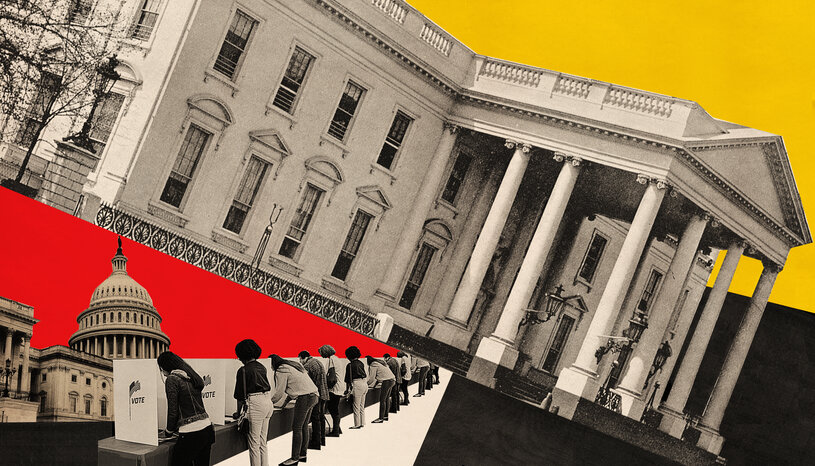In May and June 2024, the Brennan Center organized five nonpartisan tabletop exercises premised on an authoritarian candidate winning the presidency to test the resilience of democratic institutions. The antidemocratic executive actions explored in the scenarios were based on former President Donald Trump’s public statements about his plans for a potential second term in office.
We do not predict whether Trump will win the November election, and we take no position on how Americans should cast their votes. What we have done is simulated how authoritarian elements of Trump’s agenda, if he is elected, might play out against lawful efforts to check abuses of power.
The 175 participants across five exercises were Republicans, Democrats, and independents; liberals, conservatives, and centrists. They included veterans of the first Trump administration and previous administrations of both parties.
Among them were former governors, former cabinet members, former state attorneys general, former members of the House and Senate, retired flag and general officers, labor leaders, faith leaders, grassroots activists, members of the Brennan Center staff, and C-suite business executives. In the exercises, they represented cabinet secretaries, executive agency chiefs, law enforcement officers, the military chain of command, Congress, the judiciary, state and local governments, news media, and elements of civil society.


